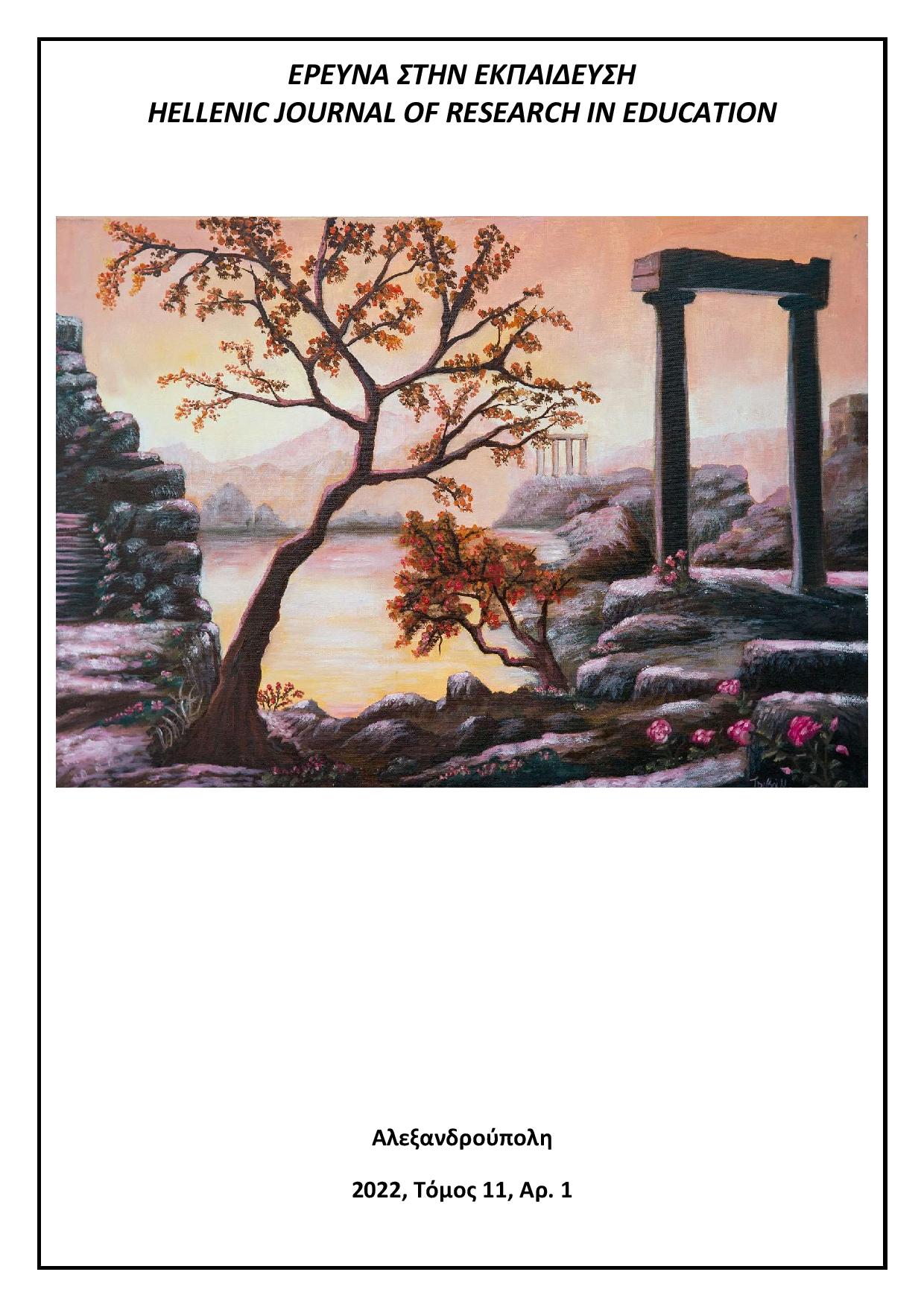The primary school teachers' perceptions about their professional development through in-school training

Abstract
In-school training is a horizontal form of training through which teachers can be trained and empowered in order to respond effectively to their work. At a time when in-school training is recorded as an organizational obligation of the school principal, investigating teachers' perceptions is necessary to understand their practices and decisions. Teachers' perceptions play a key role in the way they filter information and determine what is considered important and valuable to children. Their description of their teaching practices reflects the school climate as well as their socially constructed culture, which is shaped by the many contexts in which they are embedded (school, community, education system, curriculum). This qualitative research explores the perceptions of primary school teachers about in-school training and its value for their professional development. The research utilizes activity theory as an analysis tool to illuminate the context of teachers' action and interpret the research data, as it is a sociocultural constructivist learning theory and an analysis tool that gives particular importance to the context within which teachers develop their action.
Article Details
- How to Cite
-
Στυλιανού Π. Θ. (2022). The primary school teachers’ perceptions about their professional development through in-school training. Hellenic Journal of Research in Education, 11(1), 264–275. https://doi.org/10.12681/hjre.31356
- Issue
- Vol. 11 No. 1 (2022)
- Section
- Articles

This work is licensed under a Creative Commons Attribution-NonCommercial-ShareAlike 4.0 International License.
Authors who publish with this journal agree to the following terms:
- Authors retain copyright and grant the journal right of first publication with the work simultaneously licensed under a CC-BY-NC-SA that allows others to share the work with an acknowledgement of the work's authorship and initial publication in this journal.
- Authors are able to enter into separate, additional contractual arrangements for the non-exclusive distribution of the journal's published version of the work (e.g. post it to an institutional repository or publish it in a book), with an acknowledgement of its initial publication in this journal.
- Authors are permitted and encouraged to post their work online (preferably in institutional repositories or on their website) prior to and during the submission process, as it can lead to productive exchanges, as well as earlier and greater citation of published work (See The Effect of Open Access).


